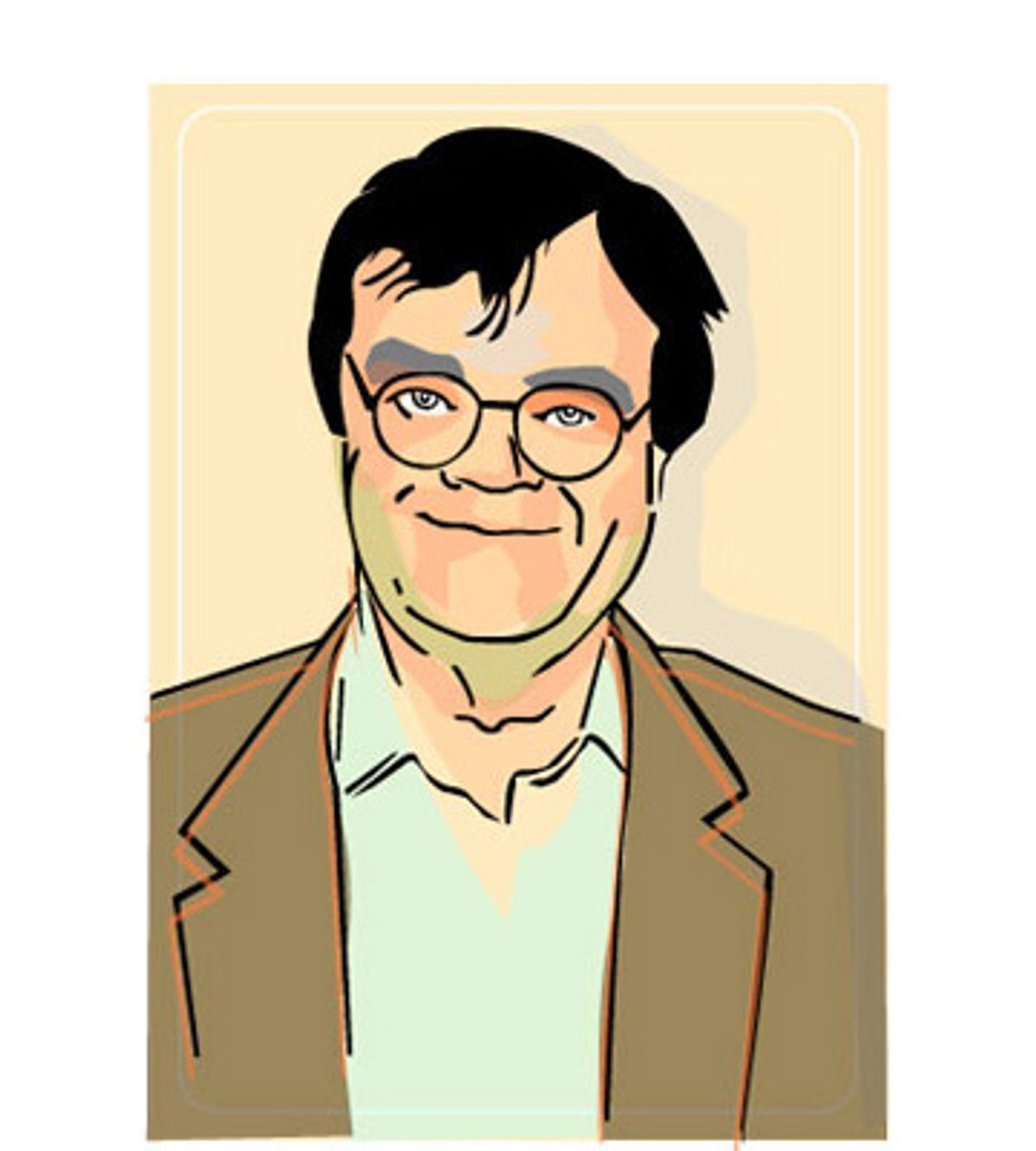April is a propulsive force in the north. Snow melts and the flotsam of spring appears, a child's mitten in the mud, a soap bubble ring, the lilac bushes bud, a light haze of green shows in the tops of trees. The cry of the lawn mower is heard. Mating begins, females ruffling their tail feathers, young males biting the alpha male in the rump to drive him off. And soon, suddenly, all of nature will open up, leaf out, burgeon, thrive and prosper.
And then in the midst of it comes the anniversary of the massacre at Virginia Tech, with "survivors" talking on NPR about their pain and the healing process and how vulnerable they feel and how their lives have been affected. Thirty-two people were shot dead by a madman, and we remember them by listening to narcissistic mumbling. A man who was a friend of a victim said he was still recovering from the horror and trying to deal with his sense of loss, but he said not one word about his friend who died and a great deal about his own feelings. After a couple minutes of this, I wanted to break his arms.
If you are ambulatory and have most of your teeth and can take nourishment, you should be careful about lavish self-pity in public, my darlings. A memorial service is Not About You. Leave the stage to the parents and lovers of the victims and honor the dead by living out their best principles as you understand them. Put your maudlin preoccupations in a box and drop it in a landfill.
Maybe the man has not enough structure in his life. This can be a problem. I knew a woman in New York whose father died and who mourned him for months. When her mother announced that his old Pontiac would be sold, the daughter said no, Daddy's car should not go to a stranger, so she brought his big blue Pontiac to Manhattan, where she had to figure out the strategy of finding on-street parking spots, and this gave some structure to her life. To find a space nearby on Monday that will be good until Thursday morning at 8 a.m. is a joy, no matter what sort of problems you have.
What works for one, doesn't work for another. For me, the beauty of Manhattan was to be without a car and to walk or take trains. When I walked down the stairs to the subway just as the train was pulling in to the platform, it gave a sense of perfection to the day -- it meant I had taken exactly the right amount of time to shower, dress, make coffee and toast, and read the newspaper, and had walked to the station at exactly the right tempo.
I knew a man who lived a lovely bohemian artist life into his 50s, embracing poverty in the interest of freedom, and then was offered a 9-to-5 job by his brother-in-law and took it and found it liberating to have at last some structure in his life. This is true. Freedom is hard work, and art is lonely: You sit at an easel by yourself and await inspiration and time can get very heavy. He found it a huge relief to put on clean clothes every morning and be at an office by 9 and complete a string of tasks and feel part of a team.
I thought of him Sunday morning at the airport, sitting in an empty lounge, and on a TV screen overhead three men sat around a table, a map of the Middle East behind them, talking, gesturing, the sound turned down to a low grumble, no audience except me and a cleaning lady in blue vacuuming under the chairs. The three men were suited up, starched, hair sprayed in place, but the reality of the situation was clear: They are not media, they're wallpaper.
The three men would do better to talk about their love lives and how we must gather us rosebuds while we may. Or remind people to floss regularly. The role of the media is to provide a little structure to the day. You hear authoritative male voices from the TV in the morning and you know that somebody is thinking about the economy so there's no need for you to. They've got it covered. Your job is to clean out the garage and get after those dandelions.
(Garrison Keillor's "A Prairie Home Companion" can be heard Saturday nights on public radio stations across the country.)
© 2008 by Garrison Keillor. All rights reserved. Distributed by Tribune Media Services, Inc.



Shares